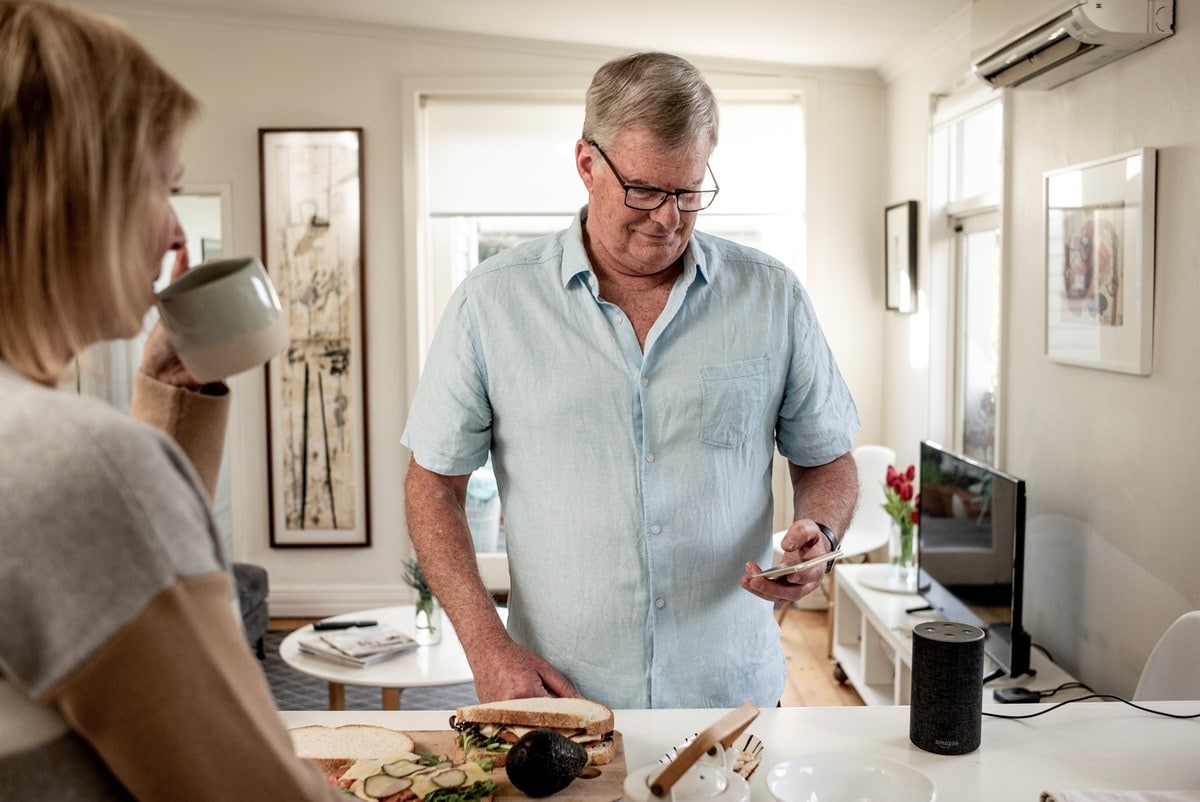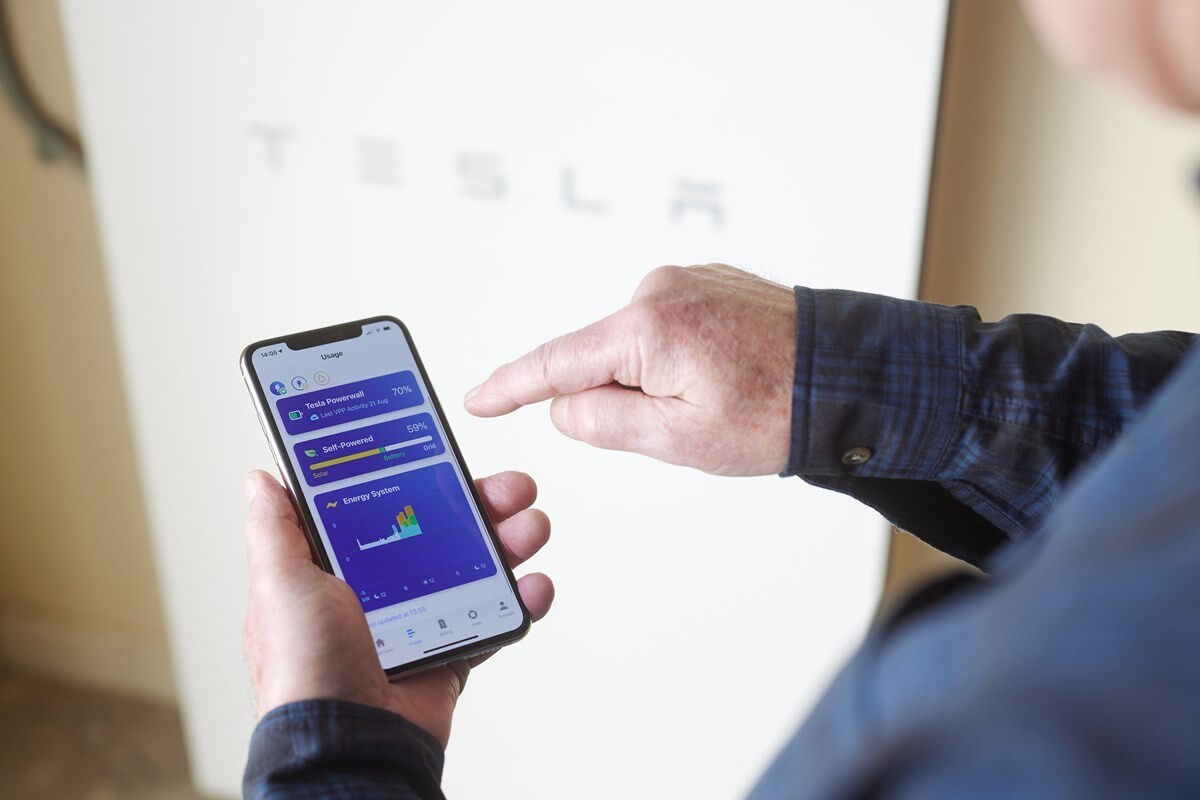Why should you consider making the switch?
Save energy compared to gas heaters or conventional electric water heaters
Because they use electricity to move hot air or water from one place to another rather than to generate it, heat pumps can deliver up to 10-15 times as much energy as they use. In fact, premium heat pumps can heat a room at 600% efficiency, while gas heaters are around 50% to 95%.
For heating water, heat pump systems use electricity but far less than conventional electric water heaters. There are also a number of other hot water systems that can help you be more energy efficient.
Save on your running costs
Because they use less energy to run, heat pumps could also help you save on your energy bills. And although they may be more expensive to install, energy bill savings could pay back your investment in the long run – this will depend on your existing electricity usage, prices and other factors, so speak to a qualified supplier before making your decision.
Two for one heating and cooling
Heat pumps not only provide warmth in winter, they can also keep your home cool in summer, so you get two functions in one system.
It’s worth exploring all your options to create a more energy-efficient home. When you take control of your energy usage, you could save money and reduce your impact on the environment. And it could even increase the value of your property.
FREQUENTLY ASKED QUESTIONS
1. Do heat pumps work in cold climates Australia?
Yes, heat pumps can work well in colder climates, including Victoria, Canberra and some parts of New South Wales. Heat pumps can run efficiently using energy from the air – and can still do so in sub-zero temperatures. Some systems will work better than others in colder temperatures, so it’s worth doing your research to find the right one for your climate.
2. Is a heat pump more expensive than AC?
In terms of upfront costs, heat pumps are generally more expensive than air conditioners. Buying an air conditioner may cost up to around $5,000, whereas heat pump costs can often exceed $8,000. That’s excluding installation. Though air conditioners are cheaper upfront, heat pumps can help to provide savings in running costs over time because of their higher energy efficiency.
3. How long do heat pumps last in Australia?
Depending on the model, heat pumps have an average lifespan of 15-20 years, with some higher quality systems lasting up to 25 years. Air conditioning units typically last for 10-15 years and sometimes, up to 20 years.
4. Is a heat pump cheaper than gas?
Heat pumps may be cheaper to run than gas, but upfront costs can be higher. For example, for a three-person household, using heat pumps with no solar can cost $230 per year on average – compared to $605 for a five-star energy rated gas heater. Plus, in some states, the government may provide rebates for switching from gas to heat pump technology if you are eligible.
5. What are the disadvantages of a heat pump in Australia?
Depending on the heat pump system, and your location, there can be several drawbacks of using heat pumps. The high upfront costs are one of them. Though heat pumps can still operate in cold climates, their efficiency can decrease as the temperature drops. You’ll also need to consider the location of your heat pump around your home as some systems may produce noise while operating – this can vary between a refrigerator hum to a bubbling kettle. And if you have limited space, it can be hard to provide a well-ventilated area to gain optimal performance from your heat pump.




